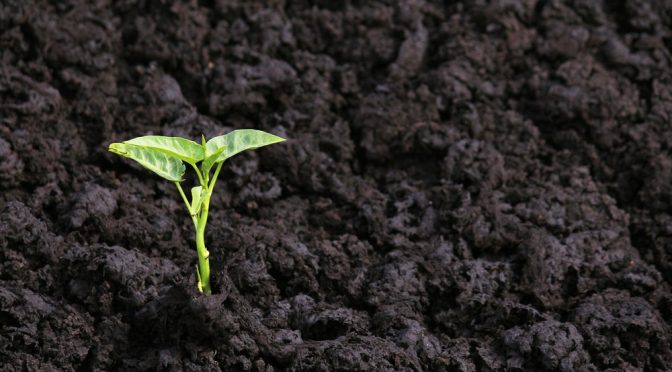Potassium humate effect on crops has water retention, Drought resistance, cold resistance,Prevention and control of heavy metal pollution,Improve fertilizer efficiency,Promote the growth and development of crops, Adjust the soil pH.
1.water retention
Potassium humate is a colloidal organic substance, which can loosen the soil, absorb large amounts of water, ventilate and humidify, raise cockroaches, prevent drought, and make the soil have good water, gas and heat conditions, suitable for seed germination and seedling stage. Growing.
Second, improve saline-alkali land
Potassium humate has a small molecular weight and high activity. It can adsorb harmful cations in the soil, thereby reducing the concentration of salt in the soil, reducing the damage of salt to seeds and seedlings, and improving saline-alkali soil.
2. Drought resistance, cold resistance
Spraying potassium humate onto plant leaves can close the stomata of plants and reduce water transpiration of plants.
The color of potassium humate is deep, which is good for absorbing solar energy; when potassium humate is decomposed by the action of microorganisms, it will release heat, which can increase the ground temperature and thus play a role in cold resistance.
Fourth, resistance to pests and diseases
Potassium humate can increase the activity of enzymes in plants and increase the resistance of plant organisms.
3.Prevention and control of heavy metal pollution
Potassium humate participates in the ion exchange reaction in the soil, adsorbing and fixing the heavy metal ions in the soil to prevent them from entering the biological cycle.
4.Improve fertilizer efficiency
- Nitrogen fixation: Nitrogen is applied to the soil and is easily volatilized into the atmosphere or lost to the river with water and soil. Potassium humate can adsorb nitrogen in the soil, reduce its volatilization and loss, and improve utilization.
- Solution of phosphorus: Phosphorus is applied to the soil and is easily fixed by the soil. Potassium humate can liberate phosphorus from the soil by chelation with phosphorus, which is used for plant absorption and improves phosphorus utilization.
- Activated potassium: Most of the potassium elements applied to the soil exist in the form of potassium salts and cannot be directly absorbed by the crops. Potassium humate can convert poorly soluble potassium into soluble potassium through ion exchange function, increase effective potassium in soil, and improve potassium utilization.
- micro-fertilizer: potassium humate can chelate reaction with poorly soluble trace elements, and produce humic acid trace element chelate which is well absorbed by crops, which is beneficial to the absorption of trace elements in roots and leaves.
5. Promote the growth and development of crops
Potassium humate can stimulate root growth, and ultimately the ability of crops to absorb water and nutrients is greatly enhanced.
The stimulating effect of potassium humate can make the above-ground vegetative growth of plants flourish. Expressed in plant height, stem diameter, leaf thickness, etc.;
Potassium humate has a good effect on tilling and reducing the openness rate, which can increase the grain weight of grain and increase grain yield.
6. Adjust the soil pH
Potassium humate has more functional groups, which can be combined with acid and combined with alkali to adjust the pH of the soil according to crop needs.










